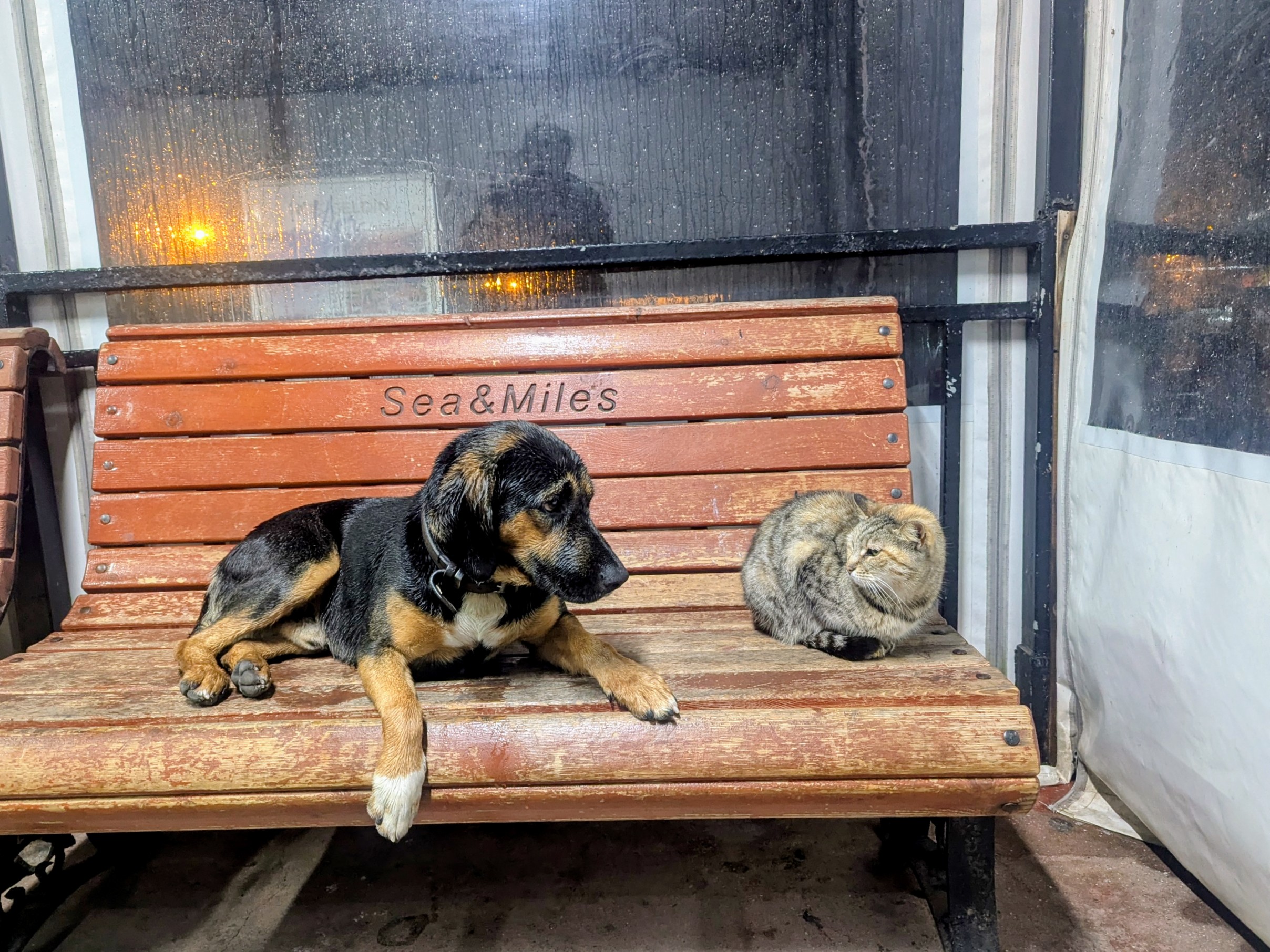
On writing -
Editor Sir Harry Evans on how the use of the word 'capability' can be unnecessary:
'' The aircraft had a long-range capability'' v ''the aircraft had long range''.
Source: Do I Make Myself Clear? Why Writing Well Matters, p.153.
On the use of the word 'capability'
When Evans (2017) says to ''chase out most abstract words in favor of specific words'' perhaps one element he was referring to was the veneer of complexity and presumed inaccessibility words such as ''capability'' can add to sentences. Addition of these types of words can leave people feeling the subject at hand involves a level of ambiguity beyond them.
''Capability'', particularly when used in formal settings such as bureaucracy, education or military, is such a word. It can suggest there is more to the thing than is directly evidenced. Simultaneously, it can suggest that the onus for providing said evidence it is not on the writer.
For example a line such as ''a big part of this role will also be the exploration and development of new capabilities'' (BBC 2018) is fairly common sort of phrase in job position descriptions, or when people describe their work which more or less means 'learn and improve things'. However use of the word ''capabilities'' leaves a suggestion of multiple alternatives. Which is nice, until you stop and think what the alternatives could be. To not learn and make things worse?
Something to practice
Next time you use the word 'capability' in your writing attached to something else, consider if it is adding meaning and if so, what meaning. If it isn't adding substantial meaning, try the sentence without it.
Ready to Learn With Others?
The Skool Community Is Waiting
No pressure. No noise. Just clear learning and good people.





Latest Insights
Practical Advice for Students and Families
Real-world learning tips, expert writing strategies, and behind-the-scenes stories from our tutoring experience.
.jpg)
TeachED: AI Feedback on Writing and Marking: Helpful Coach or Unreliable Judge?

Another Useful Social Science Resource: Our World in Data
.jpg)
